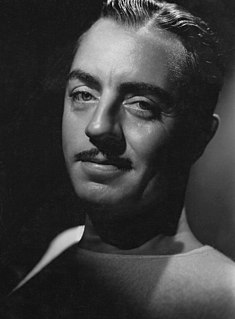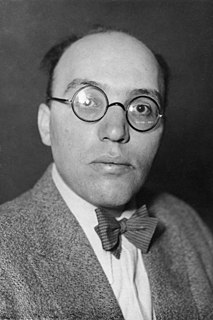A Quote by Gail Carriger
Classic author moment, "Oh dear, did I kill that character or not?
Related Quotes
The (Sir Arthur Conan Doyle) stories were great, for one. The thing that makes him a remarkable character is how he can withstand all of these different interpretations and different styles and, that's what makes a classic character a classic character; they keep coming back and you see them in a new way every time.
…We were born vampires." "I thought you became –" "— vampires by being bitten? Dear me, no. Oh, we can turn people into vampires, it’s an easy technique, but what would be the point? When you eat… now what is it you eat? Oh yes, chocolate… you don’t want to turn it into another Agnes Nitt, do you? Less chocolate to go around." He sighed. "Oh dear, superstition, superstition everywhere we turn.
My dear, Find what you love and let it kill you. Let it drain you of your all. Let it cling onto your back and weigh you down into eventual nothingness. Let it kill you and let it devour your remains. For all things will kill you, both slowly and fastly, but it’s much better to be killed by a lover. ~ Falsely yours
You’ve thrown down the gauntlet. You’ve brought my wrath down upon your house. Now, to prove that I exist I must kill you. As the child outlives the father, so must the character bury the author. If you are, in fact, my continuing author, then killing you will end my existence as well. Small loss. Such a life, as your puppet, is not worth living. But… If I destroy you and your dreck script, and I still exist… then my existence will be glorious, for I will become my own master.
Oh,” she said. “You can rest assured that I will kill him. Mostly this is to emphasize what I said before: no more time to lounge around and decide with no consequences. For every moment you waste deliberating today, the Oak King will be in the hands of my torturers, experiencing the most excruciating pain. Your delay extends that agony.” “Oh, irony,” murmured Dorian.






































